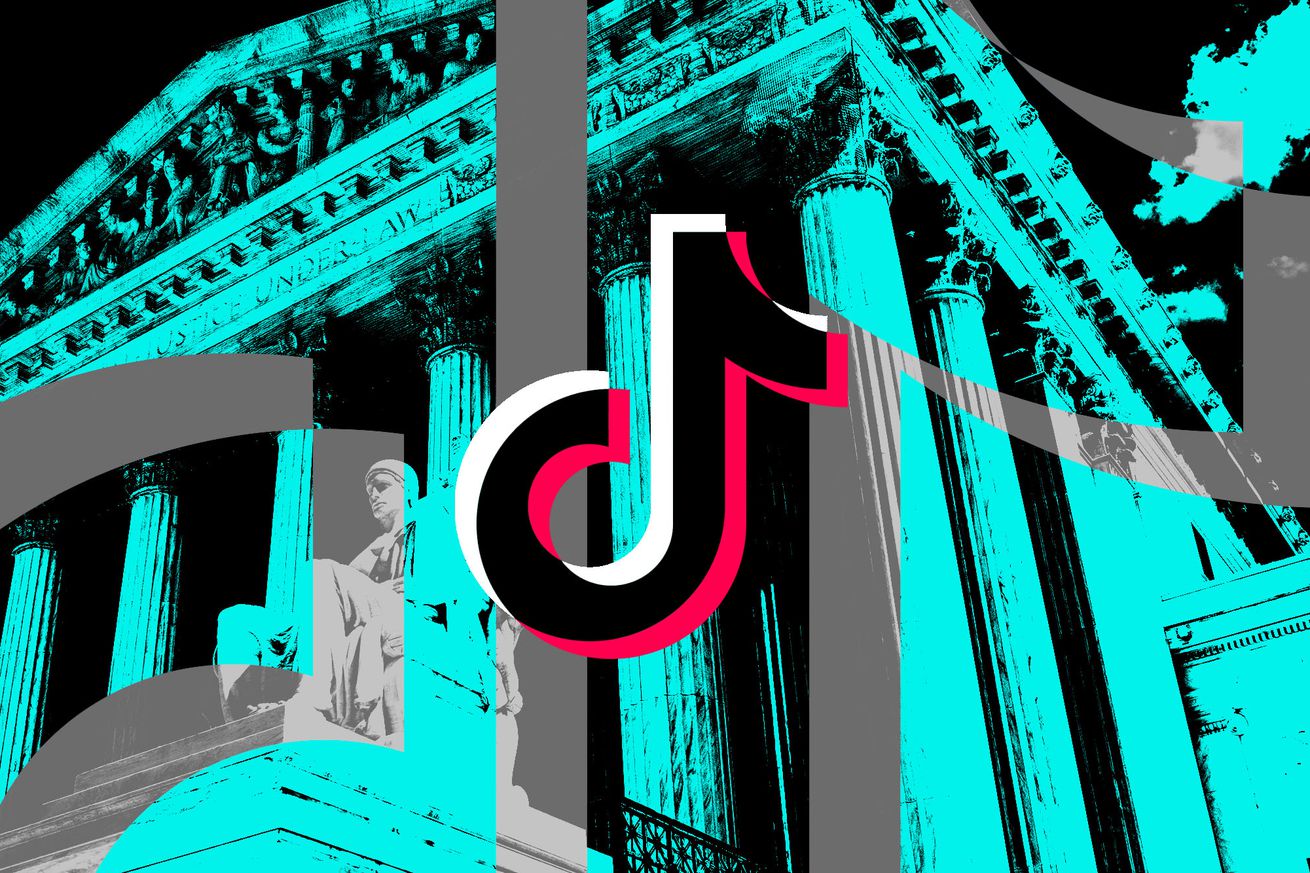Understanding the Bigger Picture: Why TikTok’s U.S. Fate Is More Than Just an App Debate
In an age where digital platforms shape global culture and communication, the fate of TikTok in the United States has become far more than a matter of entertainment. It is a reflection of how deeply intertwined tech innovation, national security, and international trade have become.
Recent developments around TikTok’s U.S. operations underscore a growing reality: global tech companies are no longer operating in a vacuum. They are now key players in high-stakes political negotiations. This evolving scenario, driven largely by trade tensions and security concerns, puts TikTok at the intersection of U.S.-China relations, where every move can have massive ripple effects across the entire tech industry.
In this article, Techestateempire takes a deep dive into how tariff threats and political maneuvering have affected one of the most popular social media platforms on the planet—and what this means for the broader landscape of tech news and innovation.
TikTok’s U.S. Deal: More Than a Business Transaction
The core issue began with concerns over TikTok’s data practices and its relationship with Chinese parent company ByteDance. U.S. officials have raised alarms that the Chinese government could potentially access user data, posing a risk to national security. This concern led to calls for a complete severance of TikTok’s U.S. operations from ByteDance.
At one point, a solution seemed imminent: a potential acquisition involving Oracle and other U.S. stakeholders, aiming to form a new entity that would manage TikTok’s American operations independently. But what was initially a business deal evolved into a geopolitical flashpoint, illustrating just how complicated things get when tech and politics collide.
Tariffs as a Strategic Roadblock
Then came the curveball: a new round of tariffs imposed by the U.S. government on Chinese goods. These tariffs, which were part of a broader effort to apply economic pressure on China, had an unintended consequence—Beijing delayed approval of the TikTok deal.
The Chinese government saw the new tariffs as a hostile act, and as a result, halted progress on allowing the proposed restructuring of TikTok’s U.S. division. The tariff move, while focused broadly on trade, suddenly had direct implications for a specific tech deal, showing how the two arenas—trade and tech—are now inseparable.
Tech Estate Empire’s analysis suggests that this kind of geopolitical posturing may become increasingly common, with major tech companies being used as leverage in international negotiations.
How ByteDance is Navigating These Complications
ByteDance, the parent company of TikTok, now finds itself caught between two powerful governments. On one hand, it must comply with the Chinese government’s regulations, which include recent restrictions on the export of algorithms and tech IP. On the other hand, it is under intense pressure from the U.S. to demonstrate independence from Beijing.
This dual pressure has created a complex operational maze. ByteDance has proposed alternatives like data transparency initiatives and server hosting in the U.S., but these measures have failed to fully appease regulators.
What we’re witnessing is the birth of a new kind of tech diplomacy—where companies have to act like international negotiators just to stay operational in multiple countries. It’s a trend Techestateempire predicts will continue to shape the future of cross-border tech ventures.
The National Security Debate: Real Risk or Political Leverage?
Critics argue that the U.S. government’s approach to TikTok has as much to do with politics as it does with genuine security concerns. The platform, wildly popular among younger demographics, has become a powerful tool for communication and cultural expression.
While concerns about data privacy are certainly valid, some experts suggest that U.S. measures against Chinese tech firms are as much about asserting dominance as they are about security. This concern is amplified by recent cybersecurity incidents involving China, including breaches that targeted critical U.S. infrastructure.
From a tech news standpoint, this narrative is important. It highlights the increasingly blurred lines between security and competition, regulation and retaliation. Tech Estate Empire believes this should be part of a much larger conversation about data governance, ethics, and transparency—not just trade wars.
What This Means for the Future of Tech Operations Globally
The TikTok scenario is not isolated. It represents a growing global trend where tech companies are caught in the middle of political disputes. As countries start to tighten regulations and impose national boundaries on digital infrastructure, companies that once thrived on borderless scalability are being forced to rethink their strategies.
This includes everything from where they store data to how they structure their corporate governance. The age of globalized tech is facing a new reality—one where compliance, sovereignty, and geopolitical alignment are as important as innovation and user experience.
At Tech Estate Empire, we see this as a critical inflection point for the global tech industry. Companies can no longer afford to focus solely on product; they need to build geopolitical resilience into their business models.
The Ripple Effect on U.S. Tech Policy
The TikTok deal, while still in limbo, has influenced how the U.S. approaches other foreign-owned tech platforms. It has accelerated conversations around creating a national tech framework, setting data privacy standards, and even reviving interest in developing U.S.-made alternatives to major foreign platforms.
The situation has also energized lawmakers and regulators, and it reflects Trump’s expanding influence over tech and finance sectors. This includes everything from proposed bans to forced divestments—measures that would have been considered extreme just a few years ago.
Tech Estate Empire continues to monitor how these policy shifts will impact innovation, competition, and consumer choice in the long term.
Final Thoughts: The Future of Tech Is Political
What started as a controversy over a dance app has evolved into a defining moment for global tech policy. The TikTok saga illustrates just how tightly interwoven digital platforms have become with national interests and international power dynamics.
For consumers, this might look like an app either disappearing or being rebranded. But for companies and regulators, it signals the start of a new era—where international collaboration, national security, and economic strategies all converge on our smartphones.
At Tech Estate Empire, we’re committed to tracking these intersections and bringing you the latest, most impactful tech news from around the world. Whether you’re a developer, investor, policymaker, or everyday user, staying informed is the first step in navigating this new tech-political landscape.

